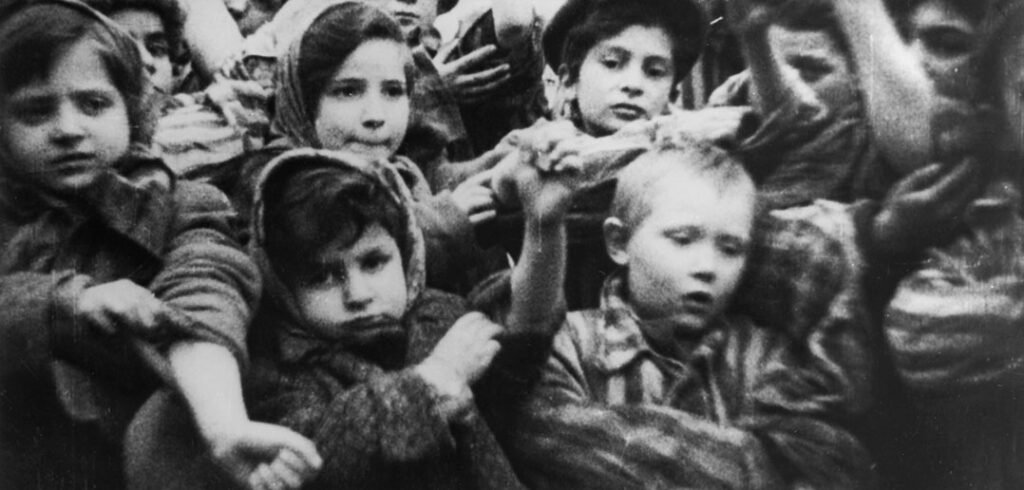Nearly eight decades after the end of World War II, a study conducted by the Claims Conference, an organization dedicated to seeking damages for Holocaust survivors, has revealed that approximately 245,000 survivors are still alive across more than 90 countries. This study, released on Tuesday, provides a comprehensive overview of the current state of Holocaust survivors, highlighting their distribution, ongoing needs, and the importance of continued support.
Among the countries with significant populations of Holocaust survivors, Israel leads with 119,300 survivors. The United States follows with 38,400 survivors, while France has 21,900, and Germany is home to 14,200 survivors. The dispersed nature of this survivor community underscores the global impact of the Holocaust and the resilience of those who endured the atrocities perpetrated by the Nazi regime.
The report emphasizes that the vast majority of the current survivor population were children during the time of Nazi persecution, having endured unimaginable hardships in camps, ghettos, during flight, and while living in hiding. The study notes that children faced the slimmest chances of survival, making the resilience of those who did survive even more remarkable.
With a median age of 86, Holocaust survivors are now at a stage in life where their need for care and services is increasing. Gideon Taylor, President of the Claims Conference, stressed the urgency of focusing attention on this aging population, stating that it is “time to double down on our attention to this waning population.” The survivors, many of whom have endured a lifetime of physical and emotional scars, require ongoing support to meet their evolving needs.
The study draws on an unprecedented worldwide database of survivors, making it one of the most comprehensive reports in recent years. The Claims Conference, founded in 1951, has been a key player in seeking reparations for Holocaust survivors. It played a significant role in the Luxembourg Agreement, a historic accord under which West Germany assumed responsibility for Nazi atrocities and paid reparations.
The Luxembourg Agreement, signed in 1952, marked a crucial step for West Germany in acknowledging its responsibility for the Holocaust and seeking restitution for the survivors. It was a landmark moment, allowing West Germany to rejoin the community of nations after the devastation of World War II, during which six million Jews were systematically murdered.
Since the signing of the Luxembourg Agreement, Germany has paid over $90 billion as a result of negotiations with the Claims Conference. This financial compensation has been vital in addressing the ongoing needs of Holocaust survivors, providing assistance for medical care, housing, and other essential services. The reparations have served as a form of acknowledgment and redress for the unimaginable suffering endured by the survivors.
The ongoing support for survivors varies, with some, such as those who were incarcerated in concentration camps, remaining eligible for continuous payments. Others, including those who fled from the Nazi regime, receive one-time payouts. The reparations facilitated by organizations like the Claims Conference play a crucial role in ensuring that survivors receive the care and assistance they require in their later years.
As the global population of Holocaust survivors continues to age, the imperative to preserve their stories, address their needs, and ensure their dignity becomes even more significant. The study serves as a poignant reminder of the resilience of those who survived one of the darkest chapters in human history and the responsibility of the international community to support them in their twilight years. The stories of Holocaust survivors bear witness to the strength of the human spirit in the face of unspeakable horrors and stand as a testament to the enduring quest for justice and recognition.
